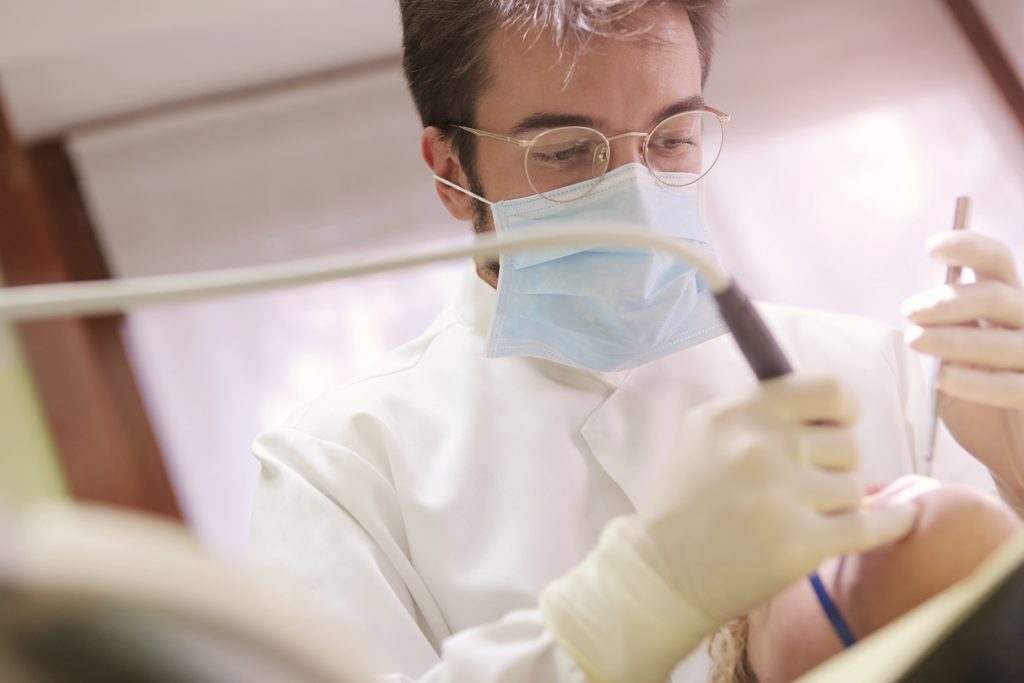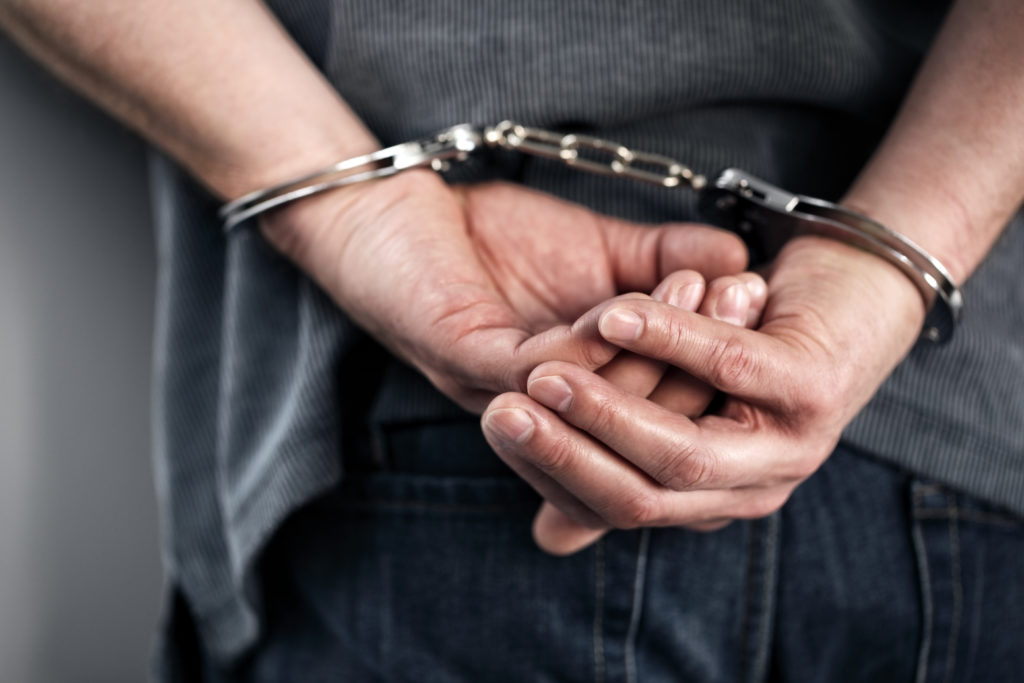Media Release: Contact tracing for coronavirus (COVID-19): what happens during the procedure?
For Immediate Release
29 March 2020
Contact tracing is a procedure used by Environmental Health Practitioners (EHPs) and the Western Cape Department of Health, to trace those who have been in close contact with individuals infected with COVID-19, and to find out exactly where individuals who tested positive contracted the virus. The term “close contact” refers to anyone who has been in direct contact with a person who tested positive for COVID-19 by either a private or public health facility, and verified by the National Institute for Communicable Diseases (NICD).
Dr Terence Marshall, who leads a group of health workers through the Cluster: Health, and reports daily to the GRDM Multi-Agency Command Centre (MACC), explained a close contact as follows: “Imagine a person covered in glitter, his or her entire body. If you moved around such a person, would you have caught any of the glitter they had on them? One example to simplify this further, is of a lecturer working with hundreds of people per day and who tests positive. Those who sat in the front row of the class are most at risk for infection because little droplets of saliva could have accidentally spread to others near the lecturer. More specifically: spending more than 15 minutes with a positively-tested person who was less than 1 metre away would qualify as a close contact.
A close contact is also one who has shared meals, a bathroom or a kitchen with a positively-tested person.” Dr Marshall also said that “the time period is for those who were in this contact for up to 7 days before the symptoms started”.
Social distancing is very important to consider when assessing who a close contact was. “Through what has happened abroad, we have learned that the safest distance from someone with COVID-19 is 1 – 2 metres. At the District advocate a social distance of 1.5m or more, “ said Dr Marshall.
How does tracing work?
The Municipal Health unit of GRDM is staffed with specialists who understand how a disease like COVID-19 spreads.
Step 1: EHPs contact the person who was tested positive, to trace their movements back to the person who they potentially caught the virus from. It is important to do backward tracing, so that the District understands how the virus is spread. As the virus becomes more widespread it may become more difficult for the EHP experts to figure out where each infected person first came in contact with the virus.
Step 2: The second stage of contact tracing involves getting in touch with those who may have been in close contact with an infected person. The COVID-19 disease can incubate inside a person for 5-12.5 days before any symptoms become apparent. Some do not show any symptoms at all. This is particularly dangerous and why the lockdown is of vital importance. Someone may be infected but be asymptomatic.
Those who have been in close contact with a positively-tested individual, must self-quarantine for 14 days after the last time they were with the individual.
What is the difference between isolation and self-quarantine?
Isolation and quarantine are public health practices used to protect the public by preventing exposure to people who have or may have a contagious disease.
Isolation, as opposed to quarantine, is what someone who is confirmed to be ill with a communicable disease has to do to separate themselves from healthy people around them.
Quarantine separates, and restricts the movements, of healthy people who were exposed to a contagious disease to see if they begin to show symptoms; if they do, they need to be tested then.
Why are members of the public not told exactly where confirmed cases occurred, or who have been infected?
People who have been exposed are contacted directly. The District cannot reveal the name of a person who tested positive, because it is an infringement on an individual’s rights. GRDM does, however, encourage and request those who have tested positive, to tell others.
When am I considered to have Covid-19?
You will be suspected to have the Covid-19 virus if you have flu-like symptoms and in the last 14 days:
- have travelled internationally to an area where Covid-19 is spreading from person-to-person in the community OR have been in close contact (e.g. face-to-face contact, been in a closed room, transport) with someone who has tested positive for Covid-19 OR
- Have a household member or someone at work who has tested positive for Covid-19 OR
- Have worked in a facility where a Covid-19 case/s has been diagnosed and was not wearing personal protective equipment OR
- Have travelled to an area where Covid-19 is spreading from person-to-person in the community.
Tests must then be done to confirm the disease, or not.
What to do if I suspect that I might be infected?
Should you develop flu-like symptoms after visiting a country or area where Covid-19 is spreading from person-to-person in the community OR had close contact with a confirmed or suspected case of Covid-19, stay calm. Remember that even if you do have Covid-19, most people have a mild illness. It’s important to seek care in a way that prevents you from spreading it to others:
If you have access to private healthcare call your general doctor/ local health facility or NICD Hotline on 0800 029 999, or the Provincial Hotline on 021 928 4102. Explain your symptoms and where you have travelled, or with whom you have had contact.
If you use public healthcare, call your local health facility or NICD Hotline on 0800 029 999, or the Provincial Hotline on 021 928 4102. You will receive advice on what to do. If you are unable to make a call, go to your local facility. Before you enter the facility, alert staff that you are concerned that you might have Covid-19. Expect to be asked to put on a face mask. You will be asked to wait separately from other patients until a health worker can help you.
Seek care urgently if you develop difficulty breathing. If possible, call ahead to your local health facility to inform them that you are on your way.
ENDS
Media Queries
Herman Pieters | Senior Communicator
Garden Route District Municipality
E-mail: communications@gardenroute.gov.za










